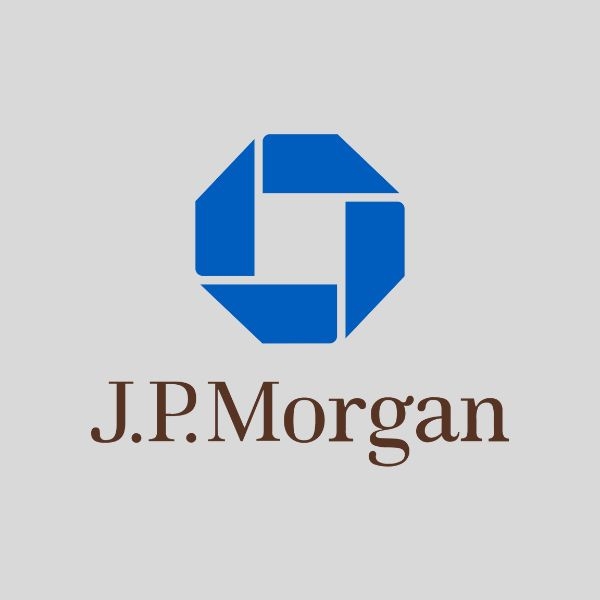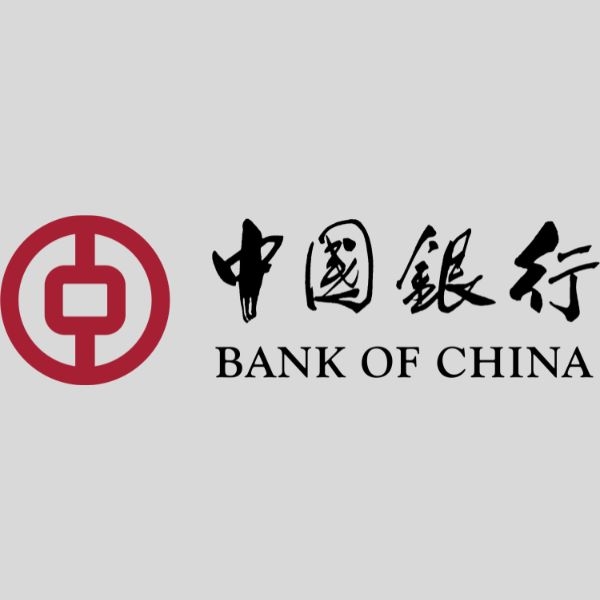Bank-holding behemoths wield considerable influence in the worldwide banking panorama in 2025. These entities command one or more banks yet refrain from direct involvement in banking activities. They confer a strategic edge by enabling a diversified spectrum of financial services under a singular umbrella, thereby bolstering the overall stability of their banking subsidiaries.
ALSO READ| Biggest Company in the World
List of Top 10 Biggest Banks in the World 2025
Numerous titans within the global banking domain operate as components of expansive bank-holding corporations. This organisational framework empowers them to furnish a diverse array of financial services, fortifying their resilience and competitiveness within the international market.
Presented below is a list delineating the ten preeminent banks on a global scale, methodically ordered according to their market capitalisations as of 2025:
| Rank | Bank | Headquarters | Market Cap (USD) |
| 1 | JPMorgan Chase | New York, USA | $852.66 billion |
| 2 | Bank of America | North Carolina, USA | $375.43 billion |
| 3 | Industrial and Commercial Bank of China (ICBC) | Beijing, China | $330.56 billion |
| 4 | Agricultural Bank of China | Beijing, China | $291.13 billion |
| 5 | China Construction Bank | Beijing, China | $281.74 billion |
| 6 | Wells Fargo | California, USA | $234.41 billion |
| 7 | Bank of China | Beijing, China | $239.30 billion |
| 8 | Morgan Stanley | New York, USA | $235.71 billion |
| 9 | HSBC | London, England | $211.30 billion |
| 10 | Commonwealth Bank | Sydney, Australia | $197.80 billion |
Within this discourse, we will scrutinise the premier 10 banks globally in 2025, furnishing an exhaustive analysis of their operational dynamics, financial prowess, and overarching impact on the global economic landscape.
ALSO READ| Biggest Library in the World
Richest Banks in the World 2025
By meticulously inspecting the intricacies of these leading banks, we can gain enhanced insights into the contemporary financial terrain and its profound influence on our world.
#1. JPMorgan Chase

Total Assets: $4.002 Trillion
JPMorgan Chase reigns supreme as the largest bank hailing from the United States and secures the fifth position globally in terms of total assets. This financial powerhouse stands at the forefront of investment banking and financial services, cementing its role as a key player in the industry. Notably, as the Federal Reserve unveils its cutting-edge instant payment service known as the FedNow system, JPMorgan stands out prominently among the distinguished financial institutions that have swiftly embraced this innovative system.
#2. Bank of America
Total Assets: $3.261 Trillion
Bank of America commands a formidable position in the financial landscape with a significant presence in investment banking, wealth management, and trading. Catering to a vast clientele, the institution serves approximately 66 million consumers and small business clients.
#3. Industrial and Commercial Bank of China (ICBC)
Total Assets: $6.689 Trillion
One of the world's largest banks, the Industrial and Commercial Bank of China Limited, holds sway not only in the People's Republic of China but also on a global scale, with unmatched total assets. In the realm of international banking, ICBC stands tall, perpetually securing its place among the elite alongside formidable entities like the Bank of America.
#4. The Agricultural Bank of China
Total Assets: $5.924 Trillion
Ranking as the third-largest bank globally in total assets, the Agricultural Bank of China assumes a pivotal role in bolstering the country's agricultural sector. Through its substantial influence, the bank contributes significantly to the support and development of China's vital agricultural industry.
#5. Wells Fargo
Total Assets: $1.922 Trillion
Wells Fargo & Company, a prominent American financial institution, extends its array of financial services across approximately 35 countries. Aligning with the strategic adoption of the FedNow system, Wells Fargo collaborates with JPMorgan, joining forces with 33 additional banks and credit unions in this transformative integration.
#6. China Construction Bank (CCB)
Total Assets: $5.559 Trillion
With total assets amounting to $5.559 trillion, China Construction Bank (CCB) stands as the second-largest bank worldwide. Renowned for its substantial financial prowess, CCB wields significant influence over China's construction and infrastructure projects.
#7. Bank of China

Total Assets: $4.804 Trillion
With total assets reaching $4.804 trillion, the Bank of China holds the distinction of being the fourth-largest bank globally. As one of the oldest financial institutions in China, it not only boasts a rich history but also maintains a substantial international presence.
#8. HSBC
Total Assets: $3.017 Trillion
HSBC, a global financial powerhouse, boasts total assets amounting to $3.017 trillion. Headquartered in the United Kingdom, this prominent banking and financial services organisation extends its reach to millions of customers worldwide.
#9. Morgan Stanley
Total Assets: $1.215 Trillion
With total assets valued at $1.215 trillion, Morgan Stanley is an American investment bank and financial services provider. In a significant development, Morgan Stanley, in collaboration with Mitsubishi UFJ Financial, has recently unveiled plans to deepen their 15-year alliance. Their joint efforts will extend into foreign exchange trading, as well as Japanese research and equities businesses, catering to a global consumer base.
#10. Commonwealth Bank
Total Assets: $839.35 Billion
Commonwealth Bank of Australia (CBA), headquartered in Sydney, stands as a cornerstone of the Australian financial landscape. Founded in 1911, it has evolved into a multinational bank offering a comprehensive suite of services, including retail, business, and institutional banking; wealth management; superannuation; and insurance. CBA is recognised for its extensive customer base, serving millions across Australia and having a significant presence in New Zealand and parts of Asia.
ALSO READ| Most Innovative Companies
Comments
All Comments (0)
Join the conversation